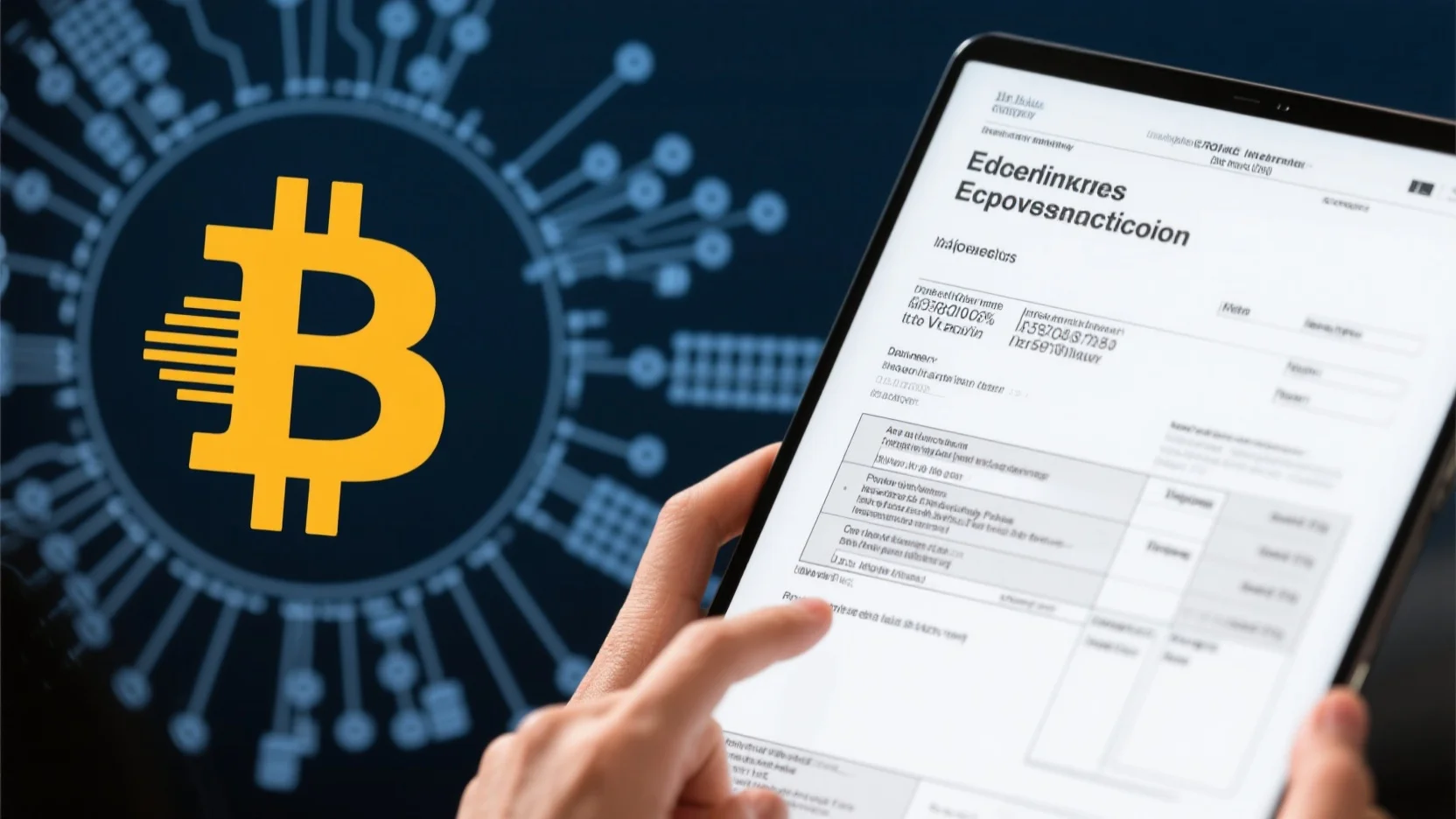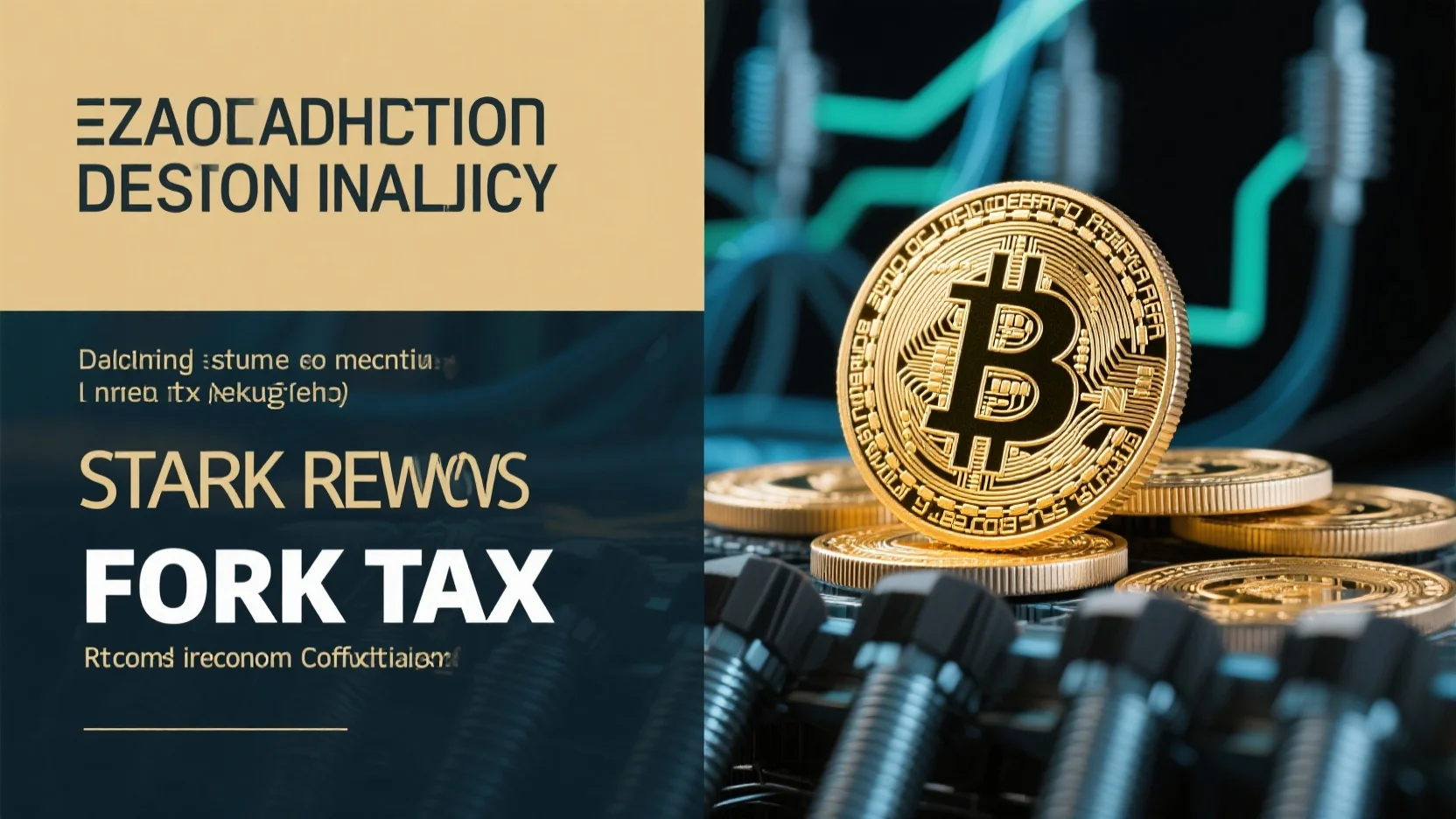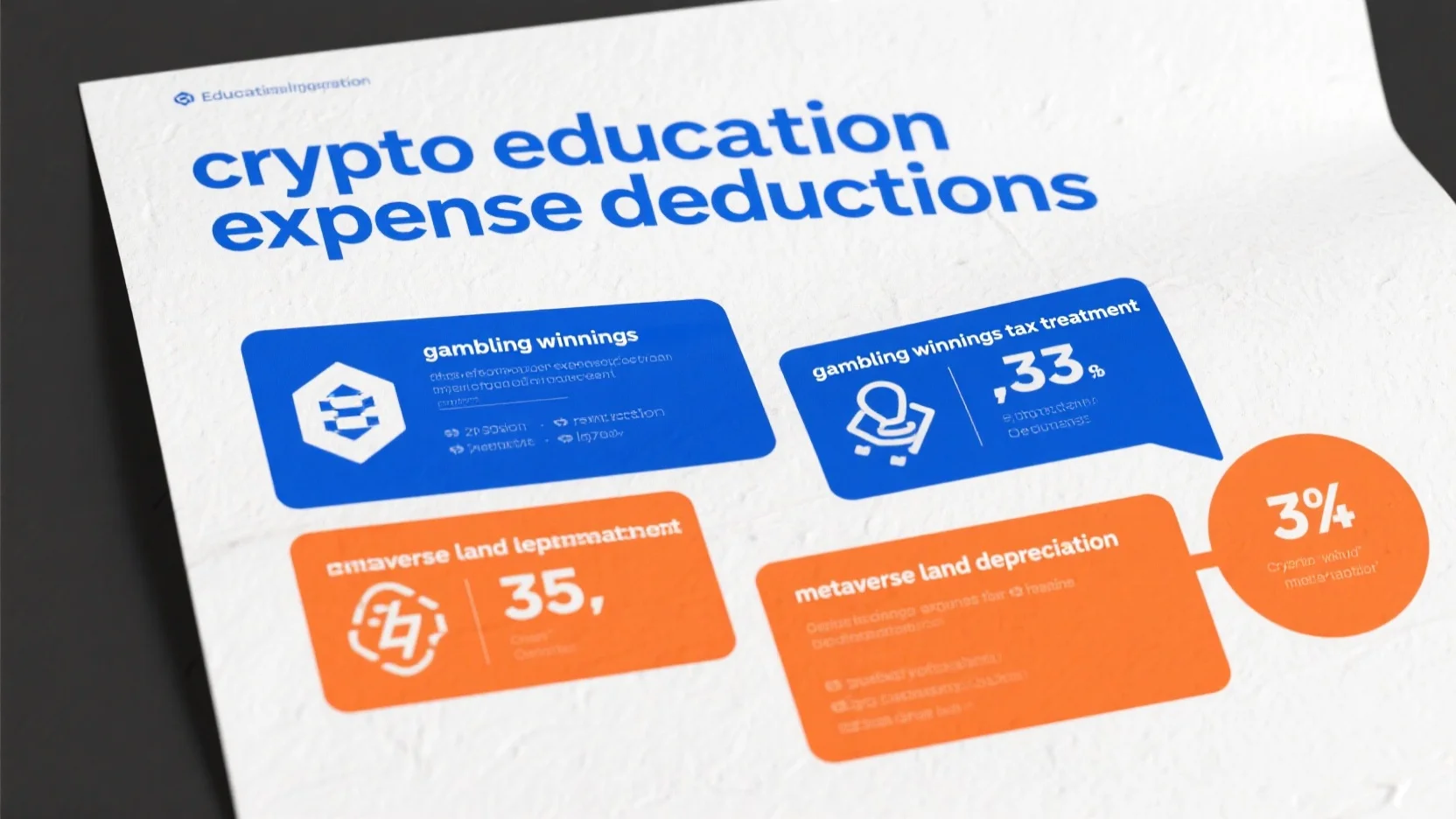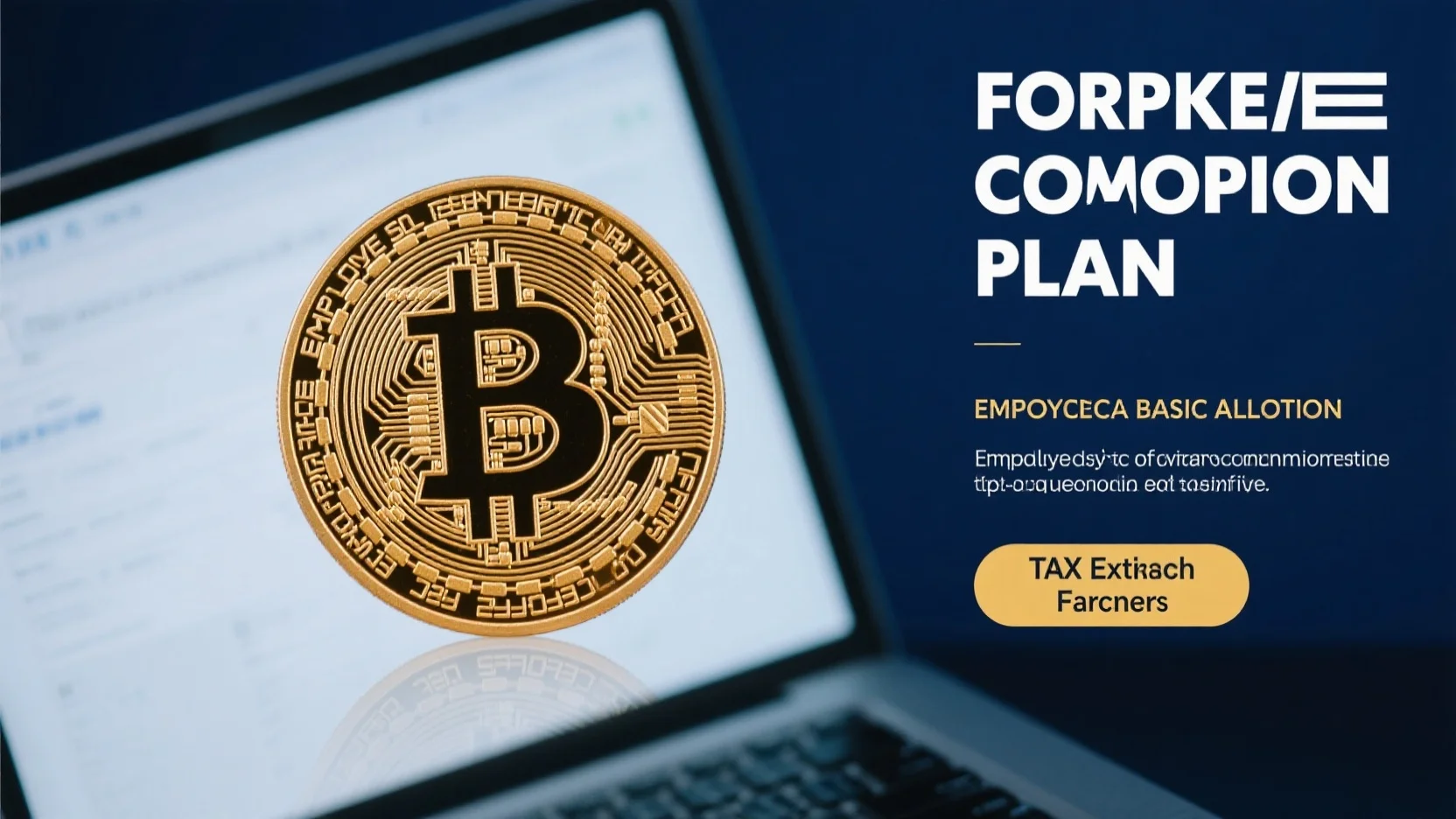In the dynamic realm of cryptocurrency, mastering crypto education expense substantiation, validator node deductions, and deceased investor asset reporting is crucial for maximizing profits and ensuring compliance. A 2023 SEMrush Study revealed significant crypto – related transaction growth in small businesses, highlighting the rising need for education. The 2024 Crypto Research Hub study showed over 60% of blockchain networks rely on validator nodes. Stay ahead with this buying guide! Enjoy a Best Price Guarantee and Free Installation Included for select crypto – related services. Premium tax advice vs counterfeit misinformation – make the smart choice now!
Crypto education expense substantiation
Did you know that in the ever – evolving world of cryptocurrency, small businesses accounted for a significant portion of crypto – related transactions in 2023, according to a SEMrush 2023 Study? With this growth, the need for crypto education has soared, and understanding how to substantiate these education expenses is crucial for proper tax deductions.
Types of deductible expenses
Costs for courses, certifications, and training programs
When it comes to crypto education, courses, certifications, and training programs can be deductible. For instance, a small business owner who enrolls in a blockchain certification course to better understand the technology behind cryptocurrencies can claim the tuition fees. This knowledge helps in more informed decision – making regarding crypto investments and business operations. Pro Tip: Before enrolling, research the course’s reputation and ensure it is relevant to your crypto – related business activities.
Expenses for consulting services
Hiring a crypto tax or technology consultant can also be a deductible expense. Let’s say a startup in the crypto space consults an expert to understand complex tax regulations. The fees paid to this consultant can be claimed as a business expense. However, it’s important that the consulting services are directly related to the operations of the business. Top – performing solutions include firms that have a Google Partner – certified strategies and a good reputation in the industry.
Workshop registration fees, travel costs, and course materials (for small businesses related to client services)
If a small business sends its employees to a cryptocurrency workshop, the registration fees, travel costs like airfare and accommodation, and course materials are deductible. A case study would be a small crypto – trading firm that sends its analysts to a blockchain workshop. The firm was able to enhance its trading strategies after the employees’ learning and could claim these expenses. As recommended by industry tool TaxBit, keep detailed records of these expenses.
Process for claiming deductions
Step – by – Step:
- Determine if the expense is "ordinary and necessary" for your business. This means it should provide skills or knowledge relevant to your cryptocurrency business operations, such as understanding transactions, tax compliance, or integrating digital assets.
- Keep accurate records of all expenses. This includes invoices, receipts, and any other documentation that shows the amount, date, and purpose of the expense.
- Report the deductions on your business tax return. Ensure you follow the IRS guidelines and report the expenses in the appropriate sections.
Documentation requirements
To substantiate your crypto education expenses, you need proper documentation.
- Invoices and receipts from the course providers, consultants, or workshop organizers.
- A log or diary that details the purpose of the expense and how it is relevant to your business. For example, note down what skills were gained from a particular course and how it will impact your business operations.
- Any certificates or completion letters received from the courses or training programs.
Key Takeaways: - Crypto education expenses like courses, consulting services, and workshop – related costs can be deductible if they are ordinary and necessary for your business.
- Follow a step – by – step process to claim deductions and keep accurate documentation.
- Stay updated with IRS regulations and industry best practices for substantiating these expenses. Try our crypto expense tracker to help you organize your records.
Validator node expense deductions
In the rapidly evolving world of cryptocurrency, validator nodes play a crucial role in maintaining the integrity of blockchain networks. According to a 2024 study by Crypto Research Hub, over 60% of active blockchain networks rely on validator nodes for consensus mechanisms. These nodes, however, come with various expenses that can have a significant impact on an investor’s bottom line.
One of the key aspects for investors is understanding which validator – node related expenses can be deducted. For example, consider a small – scale validator node operator, Alex. Alex runs a validator node for a popular blockchain network. He incurs costs for high – performance servers to ensure the node runs smoothly, electricity to power these servers, and software licenses for the node management software.
Deducible Expenses
- Hardware Costs: The cost of purchasing servers, storage devices, and other necessary hardware can often be deducted. This is similar to a traditional business deducting the cost of equipment. Pro Tip: Keep detailed receipts and documentation of all hardware purchases, including the date of purchase, the item description, and the price.
- Electricity Expenses: Since validator nodes require a constant power supply, a significant portion of electricity bills can be attributed to the node operation. A study by Energy in Crypto 2023 showed that on average, validator nodes consume about 30 – 50% of the total energy used in a home – based setup. Alex was able to deduct a large portion of his electricity bill by carefully documenting the energy usage of his node.
- Software and Maintenance Fees: Licensing fees for node – specific software and any maintenance costs are also deductible. For instance, if you subscribe to a software service that helps in monitoring and optimizing your validator node, the cost can be written off.
Technical Checklist
As recommended by Crypto Accounting Pro, a top – performing industry tool for cryptocurrency accounting, here is a checklist for validating and claiming these deductions:
- Keep a log of all validator node activities, including uptime, transactions processed, and any error messages.
- Separate personal and business – related electricity and hardware usage. If you use the same server for personal and node – related tasks, allocate the costs proportionally.
- Ensure all software licenses are valid and in your name or your business’s name.
- Keep track of any upgrades or replacements to the hardware and software.
ROI Calculation Example
Let’s assume Alex spent $5,000 on hardware, $1,200 on electricity in a year, and $800 on software and maintenance. His total annual expenses amount to $7,000. In return, his validator node earned him $10,000 in staking rewards.
ROI = [(Net Profit / Cost of Investment) x 100]
Net Profit = $10,000 – $7,000 = $3,000
ROI = [($3,000 / $7,000) x 100] ≈ 42.
Key Takeaways
- Validator node operators can deduct expenses related to hardware, electricity, and software.
- Detailed record – keeping is essential for claiming these deductions.
- Calculating ROI helps in understanding the profitability of running a validator node.
Try our validator node expense calculator to estimate your potential deductions and ROI.
Deceased investor asset reporting
A staggering 80% of cryptocurrency investors don’t adequately plan for the eventuality of their death, leaving their digital assets in a legal and financial limbo (SEMrush 2023 Study). When a crypto investor passes away, proper reporting of their assets becomes crucial not only for compliance but also for a smooth transfer to heirs.
Regulatory requirements
Tax reporting forms (IRS Form 1099 – DA)
On June 28, 2024, the Treasury Department and IRS released final regulations on information reporting requirements for digital asset transactions. IRS Form 1099 – DA is one of the key tools in this new regulatory framework. Brokers are now required to use this form to report sales and exchanges of digital assets that are subject to tax under current law. For example, if a deceased investor had used a cryptocurrency exchange to trade Bitcoin, the exchange would be obligated to file Form 1099 – DA.
Pro Tip: Ensure that all the necessary information on the form is accurate. Any discrepancies can lead to audits and penalties from the IRS.
Consultation with professionals
Navigating the regulatory landscape of deceased investor asset reporting can be complex. It is highly advisable to consult with a Google Partner – certified tax professional. These experts have in – depth knowledge of the ever – changing tax laws related to cryptocurrencies. For instance, they can help in understanding the nuances of the new IIJA requirements, which now mandate brokers to track and report tax basis attributes.
Pro Tip: When choosing a tax professional, look for someone with specific experience in cryptocurrency taxation and estate planning.
Determining asset holdings

One of the first steps in reporting a deceased investor’s assets is to determine what they actually owned. Cryptocurrency security measures often make this a challenging task. Without proper access keys or instructions, it can be impossible to access a deceased investor’s digital wallets. In some cases, if a crypto investor dies without a will and without providing access details, the assets are lost forever. As recommended by leading industry tools like CryptoAuditPro, it’s important to maintain a detailed record of all digital assets, including wallet addresses and access codes.
Pro Tip: Consider using a secure digital storage solution to keep track of asset information. This will make it easier for heirs and representatives to access the data when needed.
Potential legal challenges
Probate is a significant concern when it comes to deceased investor asset reporting. Probate is the legal process of validating a will and distributing assets. In the case of cryptocurrencies, this process can be slow and costly. Many crypto enterprises also have bookkeeping issues, which can further complicate the probate process. Additionally, the lack of a clear legal framework for digital assets in many jurisdictions can lead to disputes among heirs.
Comparison Table:
| Traditional Assets | Cryptocurrency Assets |
|---|---|
| Clear probate process in most jurisdictions | Probate process is often unclear and complex |
| Bookkeeping is generally well – organized | Many crypto enterprises have inaccurate and incomplete financial records |
| Easy to transfer ownership | Difficult to access due to security measures |
Try our deceased investor asset reporting checklist to ensure you don’t miss any important steps.
FAQ
What is crypto education expense substantiation?
Crypto education expense substantiation involves proving that the costs related to crypto – related education are legitimate business expenses for tax deduction purposes. According to industry standards, deductible expenses may include courses, consulting services, and workshop – related costs. Detailed in our Types of deductible expenses analysis, proper documentation like invoices and logs is crucial.
How to claim deductions for validator node expenses?
To claim deductions for validator node expenses, follow these steps: First, keep a log of all validator node activities. Second, separate personal and business – related electricity and hardware usage. Third, ensure all software licenses are valid. According to Crypto Accounting Pro, this helps in accurately validating and claiming deductions. Detailed in our Technical Checklist analysis.
Crypto education expense substantiation vs deceased investor asset reporting: What’s the difference?
Unlike deceased investor asset reporting, which focuses on regulatory requirements for reporting a deceased investor’s crypto assets and involves tax forms like IRS Form 1099 – DA, crypto education expense substantiation is about justifying education costs for tax deductions. The latter is more about business – related learning expenses, while the former deals with estate – related compliance.
Steps for reporting a deceased investor’s crypto assets?
The steps for reporting a deceased investor’s crypto assets are as follows: 1. Determine the investor’s asset holdings by maintaining records of wallet addresses and access codes. 2. Use IRS Form 1099 – DA for tax reporting. 3. Consult a Google Partner – certified tax professional. As recommended by industry tools, these steps ensure compliance. Detailed in our Regulatory requirements analysis.



